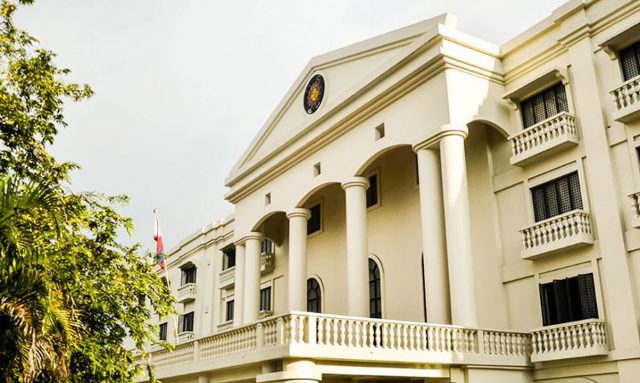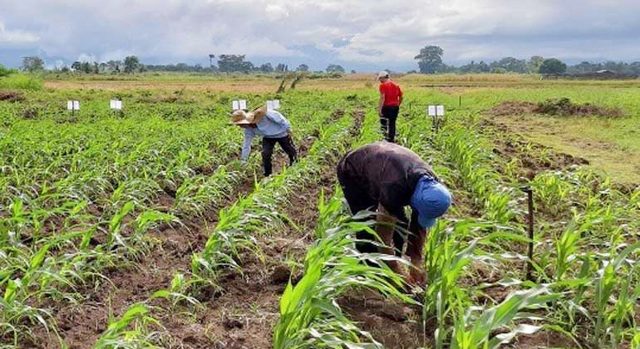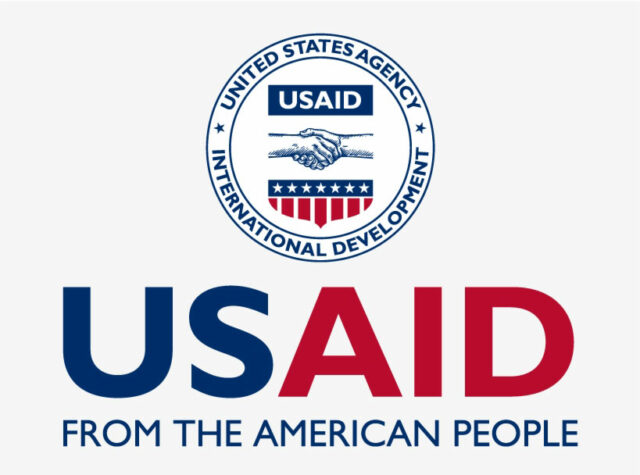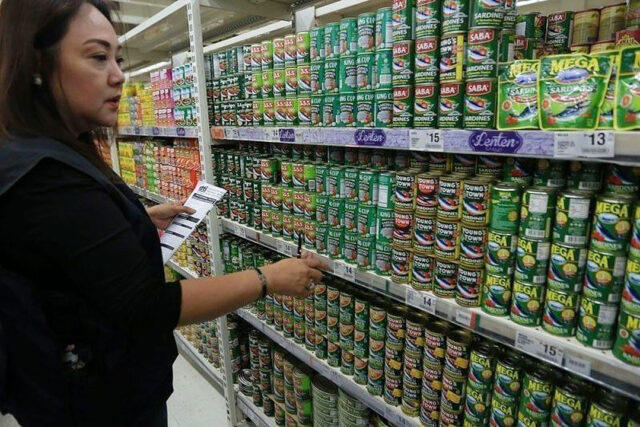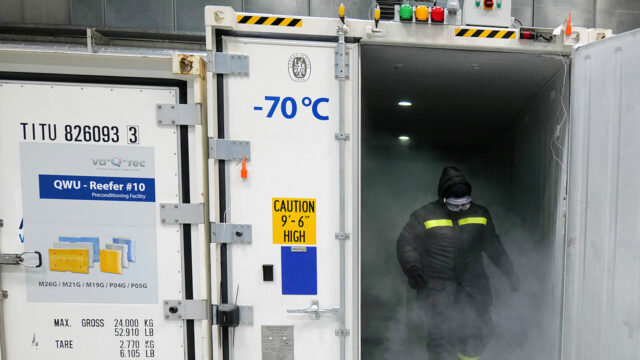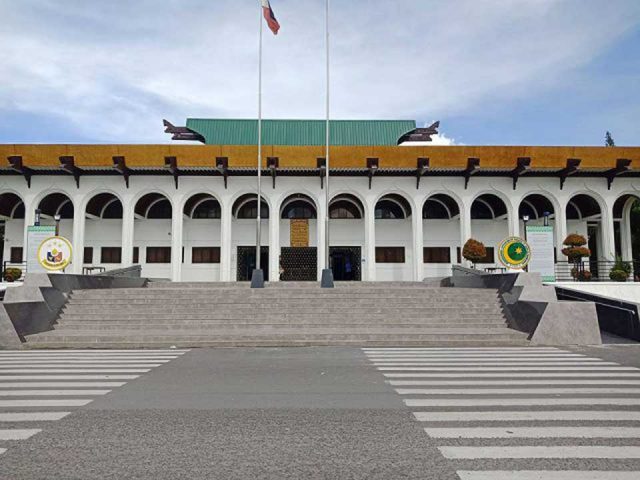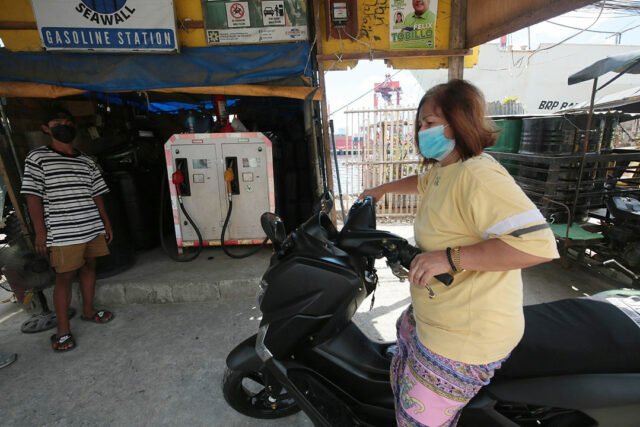Peso climbs as worries over oil supply ease
THE PESO appreciated versus the greenback on Thursday on the prospects of additional oil production, which could ease supply worries caused by Russia’s attacks on Ukraine.
The local unit closed at P52.155 per dollar on Thursday, stronger by 7.5 centavos from its P52.15 finish on Wednesday, based on data from the Bankers Association of the Philippines.
The peso opened Thursday’s session at P52.12 against the dollar. Its weakest showing was at P52.24, while its intraday best was at P52.05 versus the greenback.
Dollars exchanged increased to $1.208 billion on Thursday from $1.135 billion on Wednesday.
The peso strengthened after the United Arab Emirates (UAE) expressed its willingness to increase fuel production alongside other major oil exporters.
UAE Energy Minister Suhail al-Mazrouei on Wednesday said they are committed to ramp up oil supply by 400,000 barrels per day monthly, in line with an agreement by the Organization of the Petroleum Exporting Countries and allies, Reuters reported.
Brent crude futures settled down $16.84 or 13.2% at $111.14 a barrel, their biggest one-day decline since April 21, 2020. US crude futures ended down $15.44 or 12.5% at $108.70, their biggest daily decline since November.
However, on Thursday, Brent crude futures were up 3% on Thursday, at $114.64 a barrel, and US crude rose 1.73% to $110.58 a barrel.
The market also priced in Ukraine’s position of being open to not joining the North Atlantic Treaty Organization (NATO), which was among the causes of its rift with Russia, a trader said.
Ukrainian President Volodomyr Zelensky on Wednesday said they will no longer insist on their country’s NATO membership. He said he understood that the alliance is not prepared to accept Ukraine due to possible confrontation with Russia.
For Friday, Mr. Ricafort gave a forecast range of P52.00 to P52.20 per dollar, while the trader expects the local unit to move within P52.05 to P51.30. — L.W.T. Noble with Reuters




